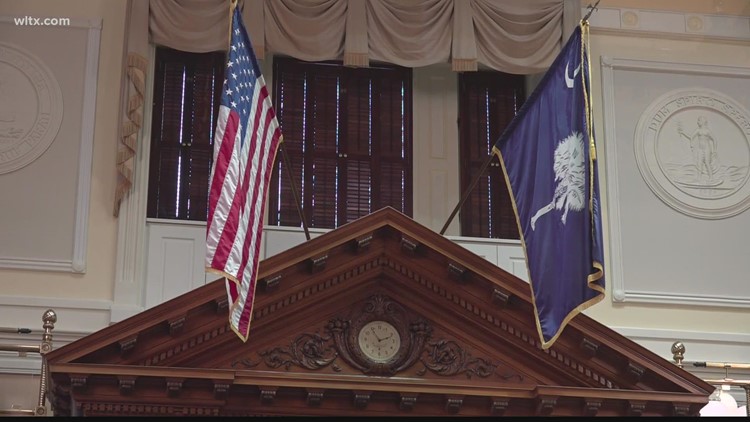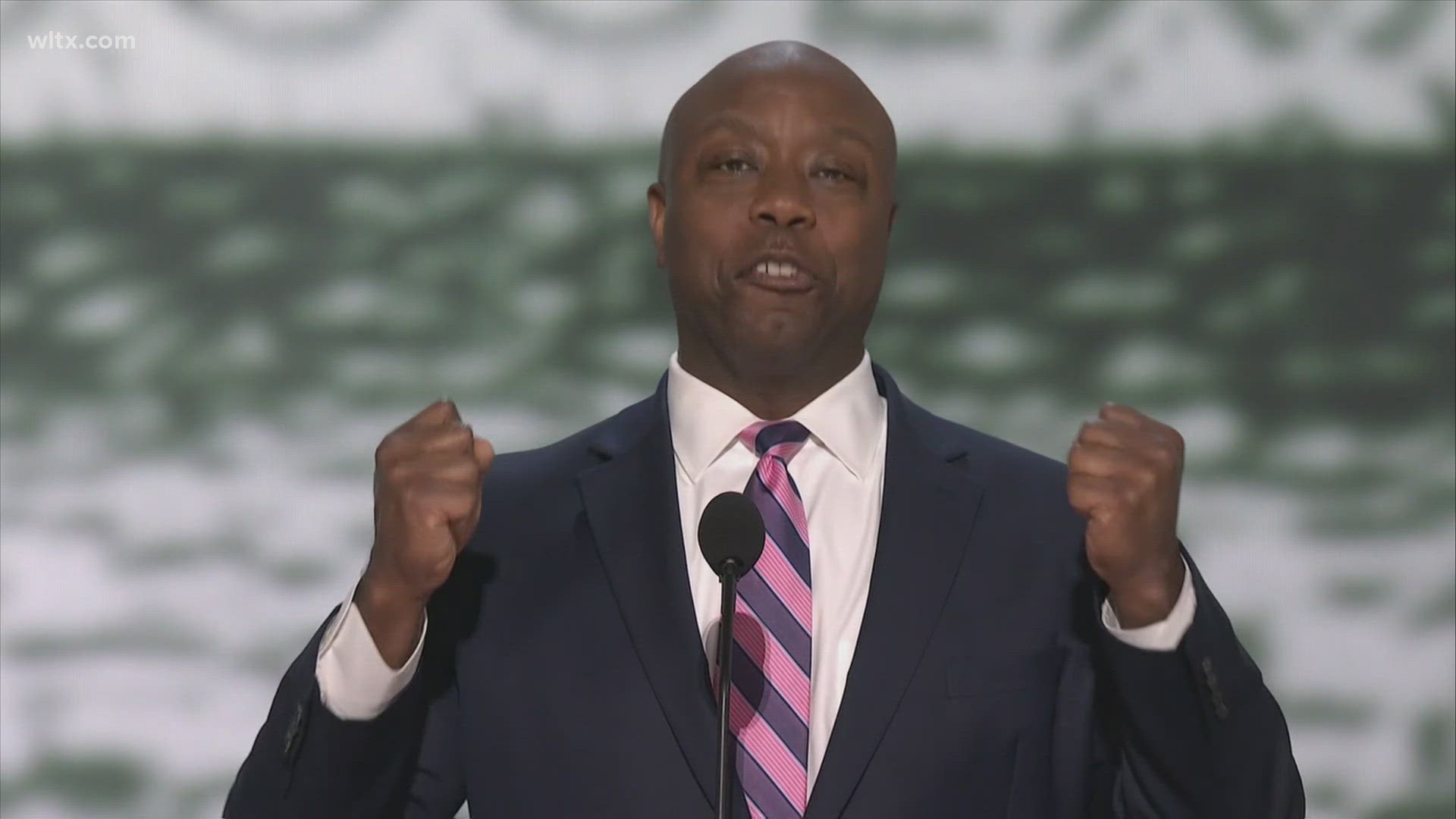COLUMBIA, S.C. — At the State House, the week before Easter was somewhat quiet in the South Carolina legislature, however, three major things happened.
First, Governor Henry McMaster signed a bill into law officially adding South Carolina to the convention of states. This makes the Palmetto State the 19th state to join the list of others that want to propose amendments to the U.S. Constitution. 34 states will need to sign on to make it happen.
Second, a group of senators worked on the $14 billion state budget. The House passed the spending plan in March, now it’s the Senate’s turn. The panel of lawmakers spoke at length Wednesday about how to put money in classrooms.
Senator Sean Bennett said during the meeting that, "every school district in South Carolina under this plan receives more money than they received last year."
Senator Mike Fanning pushed for more money for teacher salaries. "If there was ever a year to give as much money as we can to teachers, this is the year," Fanning said Wednesday.
The Senate committee is proposing to raise the minimum teacher salary from $36,000 to $38,000, which is $2,000 less than the House’s plan. The budget plan passed the committee and can now be taken up by the full Senate.
Lastly, a Senate subcommittee worked with state election officials to pass a bill that could allow early voting statewide.
The bill could allow for polls to be open up to two weeks ahead of an election, and voters can cast a ballot early, no excuse needed.
Howard Knapp, the State Election Commission director said Tuesday that early voting is easier for poll workers and the commission to handle than the current absentee voting in-person process. “Early voting is like voting on election day, we already know what we’re doing and we know how to do it," said Knapp.
The bill would require polls to be open on the Saturday before an election from 8:30 a.m. to 6 p.m., and counties could extend that to 7 a.m. to 7 p.m., according to Senator Chip Campsen.
The measure has widespread support. It passed the House unanimously and has now been put on special order, meaning the full Senate can take it up as early as this Tuesday.
Both the Senate and House gavel in at noon Tuesday, April 19.



